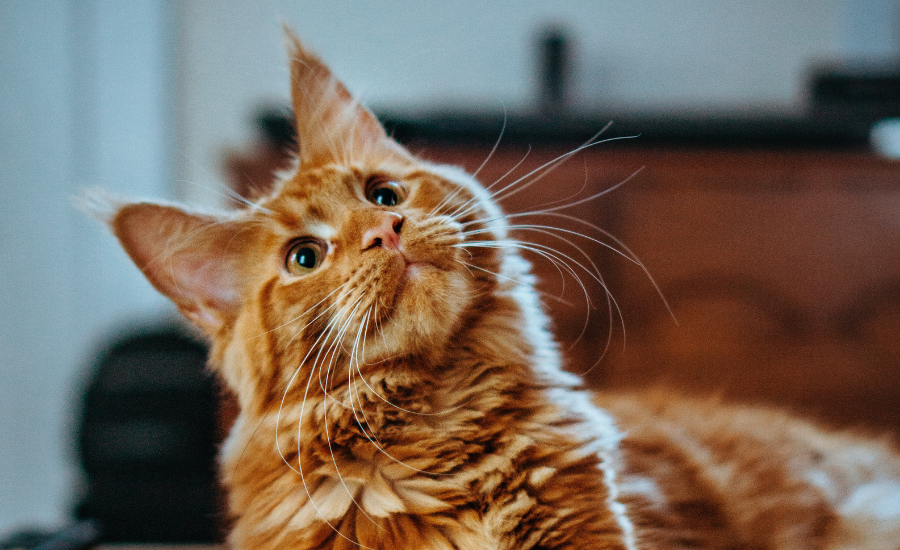Guest post by Natusan
Trying to work out what cat litter is best for you and your cat? There are a few options out there and it can be overwhelming for first time cat parents, so we’re here to clear up the confusion.
Until you become a cat parent, you’d probably never given cat litter a second thought. There are a fair few options out there and it can be overwhelming for first time cat parents, so we’re here to clear up the confusion. But to understand what cat litter is best for you and your cat, first we have to understand how cat litter works!

Cat litter mimics how cats would behave in the wild; they prefer doing their business in sandy or soft soil, allowing them to bury everything afterwards and hide their scent. So cat litter takes this small part of wild cat behaviour and brings it into your home, as a granular material that’s designed to absorb liquids and, often, odours.
But this is where the similarities end, because there are varying materials available, and varying sizes of granules or pellets, meaning there’s a few things to consider when deciding which cat litter is best for you. First up, we’ll take a look at what different cat litters are made from.
Clay Litter
Clay litter is available in various granule sizes, from fine sand-like litter to chunkier pellets, but they’re all made from the same raw materials, often bentonite. Clay litter is perhaps the most readily available of all litters, but as we know all too well, convenience doesn’t always come with the best sustainability credentials or environmental impact.

Clay has to be mined, and it’s done via a process called strip mining, a form of surface mining. As the name would suggest, this form of mining involves destroying large swathes of land to strip the bentonite from beneath the surface. Forests and wildlife are destroyed in order to source this clay, leaving behind a barren landscape—and that’s without mentioning the impact that mineral sediments can have upon waterways and their ecosystems.
Crystal Litter
Also known as silica, this crystal litter is known for being highly absorbent, with the crystals able to absorb up to 40 times their weight. But silica is yet another material that has to be surface mined, causing all of the same environmental damage as clay, and, just like clay, it’s a non-renewable source.
Natural Litter
Natural litters are made from a range of plant resources, including paper and wood, and this is the category in which we find Natusan. These litters are biodegradable, and, unlike clay and crystal litters, they’re made from renewable resources. This makes natural litters the preferred choice of many cat parents concerned with sustainability, but, as with all other litters, there are other things to consider. Which brings us to the question of…

Clumping vs. non-clumping
If you’re a cat parent, you’ve probably already been faced with this question: to clump or not to clump. Cat litters are often divided into these two categories, and here at Natusan we are very much Team Clump. Our litter is both natural and clumping, as it significantly cuts down on waste. To find out more about the differences, take a look at our article that goes into detail on the topic of clumping and non-clumping litters.
So what cat litter is best?
Well, we may be biased, but considering what we know about the environmental impact of both clay and crystal litters, we firmly believe that natural litter is the best choice. As Natusan is created from certified by-products of the timber industry, it means our natural litter is repurposing something that would otherwise go to waste, and preventing any unnecessary deforestation. We’re giving the timber industry’s waste a useful purrpose (that’s not a typo). Considering Natusan’s clumping qualities and optimum odour control—not to mention how soft it is on those little paws—it makes it an effective option that’s gentle on both the environment and your four legged friend.

If you’re a new cat parent, or you just haven’t tried Natusan yet, you can get your first 10L bag of Natusan for just £5 with our code PROTECT5. Give it a try, and let us know what you (and your cats) think!







